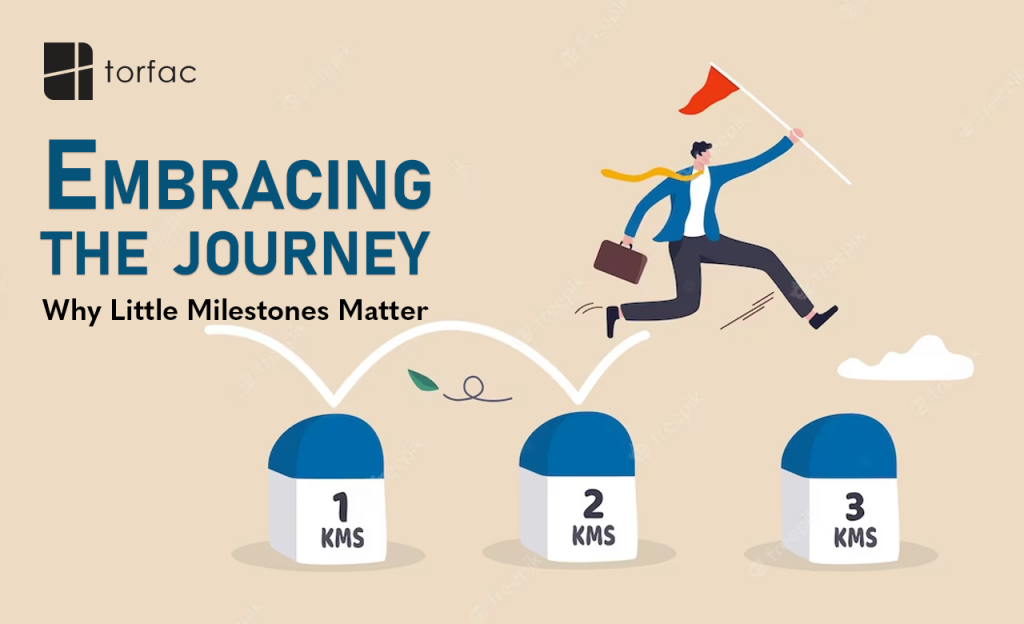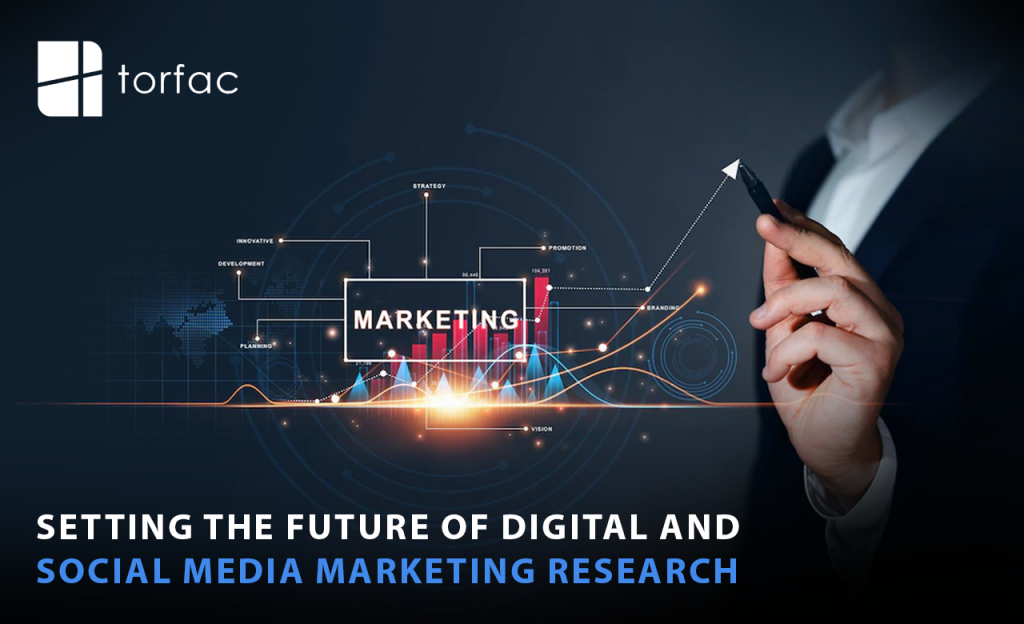Embracing the Journey: Why Little Milestones Matter
Life is often viewed as a series of significant milestones. We celebrate graduations, promotions, weddings, and other major accomplishments with great joy and fanfare. While these big moments are undoubtedly important, it is equally essential to recognize and appreciate the significance of the little milestones that weave themselves into the fabric of our lives. This […]
Embracing the Journey: Why Little Milestones Matter Read More »










